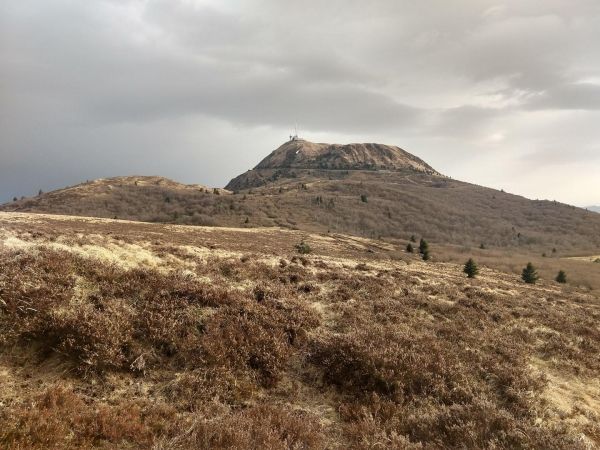Human health and ecosystems could be affected by microbes including cyanobacteria and algae that hitch rides in clouds and enter soil, lakes, oceans and other environments when it rains, according to a Rutgers co-authored study.
“Some of the organisms we detected in clouds and rain are known to have possible impacts on human health and could also affect microbial populations at rainfall locations,” said lead author Kevin Dillon, a doctoral student in the lab of co-author Donna E. Fennell, a professor who chairs the Department of Environmental Sciences in the School of Environmental and Biological Sciences at Rutgers University–New Brunswick. “More work is needed to confirm that and to investigate specific impacts.”
Scientists, for the first time, were able to grow green algae collected from clouds. Their study, a collaboration between Rutgers and a Université Clermont Auvergne team, is published in the journal Applied and Environmental Microbiology.
Read more at: Rutgers University
View of puy de Dôme mountain in the Auvergne region of France where cloud water is collected. (Photo Credit: Kevin P. Dillon)


